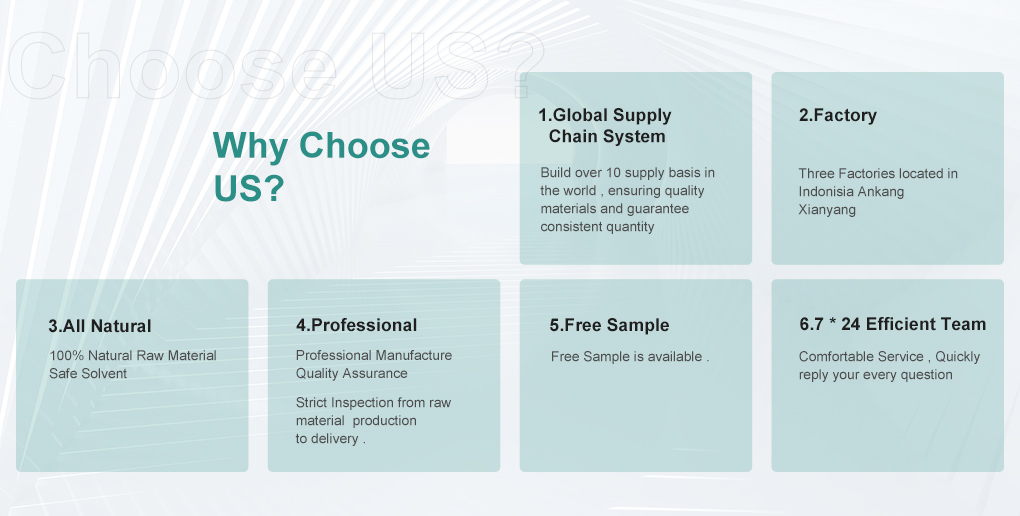Ellagic Acid – Q&A Style Detailed Article
What Is Ellagic Acid in Simple Terms?
Ellagic Acid is a natural polyphenol compound found in fruits like pomegranate, strawberries, raspberries, and walnuts. In simple words, it is one of the naturally occurring plant compounds that give these fruits their "healthy and vibrant" reputation. When made into extract powder, it allows brands to use a concentrated, easy-to-handle version of this natural element.
The powdered extract offers a way to supply Ellagic Acid in consistent amounts without relying on seasonal fruits. Manufacturers appreciate its stability, purity, and flexibility, which is why it is widely used in nutraceuticals, personal care products, and functional beverages.
Why Has Ellagic Acid Become So Popular in the Health & Wellness Market?
Consumers are becoming more interested in natural plant compounds, especially those found in colorful fruits. Ellagic Acid fits perfectly into this trend because it is associated with antioxidants, vitality, and beauty-from-within concepts. With social platforms driving interest in fruit-based wellness, demand continues to rise globally.
For brands, Ellagic Acid offers marketing appeal: it is plant-derived, widely recognized, and easy for consumers to understand. People naturally feel positive toward ingredients coming from pomegranate or berries, so this extract gives a product a clean and trustworthy identity.

What Makes Ellagic Acid a Preferred Ingredient for Manufacturers?

Manufacturers appreciate Ellagic Acid for its stability and compatibility. It mixes well in powders, capsules, tablets, gummies, and skincare bases. This makes it easy to add into both ingestible and topical formulas. Unlike some plant extracts that have strong flavors, Ellagic Acid tends to have a relatively mild character, simplifying formulation work.
Another advantage is the ability to select different purities such as 40%, 50%, or 90%. This allows brands to choose the level that suits their functional needs and price range. The consistency from batch to batch also raises confidence in large-scale production.
What Types of Products Commonly Use Ellagic Acid?

Ellagic Acid is widely used in dietary supplements, especially those focusing on antioxidant formulas, anti-aging blends, and youth-support products. Many “beauty-from-within” brands like to include it as a key ingredient because it comes from popular fruits associated with radiance and vitality.
In cosmetics, Ellagic Acid is used in brightening creams, serums, and skincare masks. Its natural fruit origin gives cosmetic brands a strong selling point, appealing to customers looking for plant-derived skincare solutions. It is also used in functional beverages, powdered drinks, and fruit-based wellness shots.
Why Do Many Beauty Brands Choose Ellagic Acid for Skin-Related Formulas?

Beauty brands often highlight Ellagic Acid because people already associate fruits like pomegranate and berries with nourishment and glow. This makes the ingredient easier to communicate in marketing stories. The extract fits well into premium skincare positioning, especially for products focusing on radiance, clarity, and youthful appearance.
Additionally, the ingredient’s natural and plant-based identity appeals to consumers seeking “green beauty” options. With clean-label skincare on the rise, Ellagic Acid helps brands create formulas that feel safe, gentle, and nature-inspired.
What Should Buyers Consider When Selecting Ellagic Acid Extract?
Buyers should take note of purity level, color, solubility, and raw material origin. Higher purity extracts usually offer stronger concentration, while lower purities are more cost-effective for large-volume blends. Choosing a supplier with proper testing and documentation helps ensure the ingredient meets your quality expectations.
Suppliers with consistent production capabilities and stable raw material sources are generally preferred. Ellagic Acid often comes from fruit peels, especially pomegranates, so ensuring sustainable and reliable sourcing adds long-term value for brands.
How Does Ellagic Acid Perform in Food or Supplement Formulations?
Ellagic Acid blends easily into most common supplement bases and does not usually disrupt flavor profiles when used in low-to-moderate amounts. Its fine powder form also allows for uniform mixing in protein powders, fruit blends, and antioxidant drinks.
For tablets and capsules, it compresses well and maintains product stability over time. Its pleasant appearance and natural identity also make it attractive for brands seeking to emphasize “fruit-derived” ingredients on their labels.
- Reference
-
-
Journal of Natural Products – Polyphenols in Pomegranate and Berries
-
Food Chemistry – Analysis of Ellagic Acid in Fruit Peels
-
Nutrition Research – Consumer Trends Toward Fruit-Based Antioxidants
-
Herbal & Botanical Studies – Composition of Ellagitannins and Ellagic Acid
-
Cosmetic Ingredient Review Panel – Safety Assessment of Plant Polyphenols
-
Global Wellness Market Report – Demand for Clean-Label Antioxidant Ingredients
-
Plant-Derived Actives in Beauty Care – Springer Publications
-
Functional Foods Handbook – Polyphenols and Natural Extracts
-
- Ellagic Acid Powder offers brands a versatile, premium, and consumer-friendly botanical ingredient with strong market appeal. Whether your focus is supplements, beauty-from-within formulas, or skincare innovations, this natural extract helps you create products that stand out, feel trustworthy, and meet modern clean-label expectations.
About Ruiwo:


contact us:
Address:Room 703, Ketai Building, No. 808, Cuihua South Road, Xi’an, Shaanxi, China
E-mail: info@ruiwophytochem.com
Phone: 008613484919413 0086-29-89860070
Hours: Monday-Friday: 9am to 6pm
Post time: Nov-20-2025




